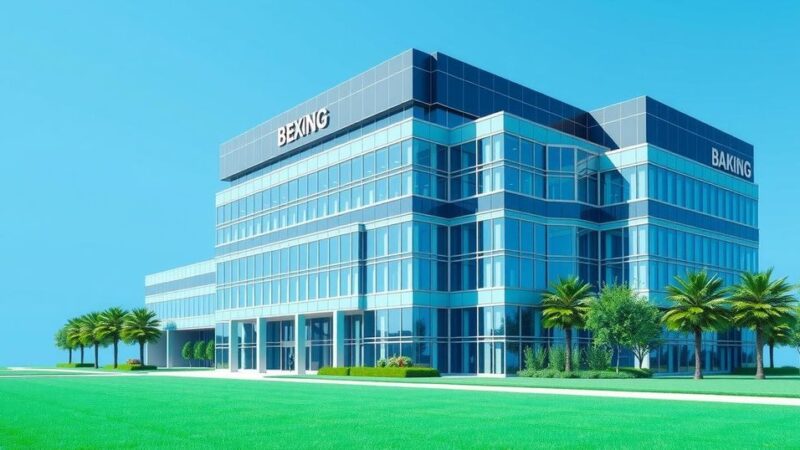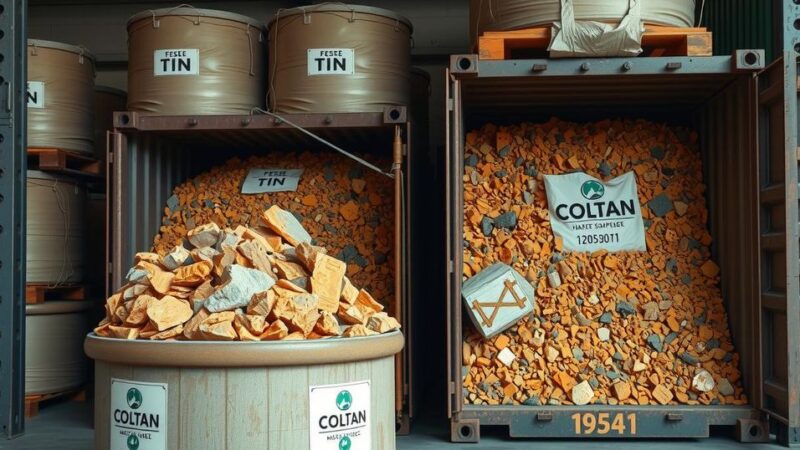Argentina has begun exporting natural gas to Brazil via Bolivia’s YPFB infrastructure, following a three-way agreement. The Gasbol pipeline is set to increase its capacity to meet Brazil’s industrial demands. Stabilization of fuel supply in Bolivia has been achieved, with ongoing efforts to manage regional pricing and distribution.
Argentina has commenced its inaugural export of natural gas to Brazil via Bolivia’s Yacimientos Petrolíferos Fiscales Bolivianos (YPFB) infrastructure, as reported on Tuesday. The gas, sourced from the Vaca Muerta field in Neuquén, is transported through Argentina’s TGN and TGS pipelines to Salta, then through Bolivia’s network, including the Madrejones pipeline, to reach Brazilian territory, following a three-way agreement established in late 2024.
The Brazil-Bolivia Gas Pipeline (Gasbol), currently capable of 30 million cubic meters daily, operates at 10 million cubic meters, with plans to scale up to its full capacity over five years to address Brazil’s industrial demand. This shift in Bolivia’s strategy, from exporting to leasing its pipelines, is generating revenue and reinforcing its significance as an energy connector within the Southern Cone.
This agreement also facilitates the rejuvenation of Argentina’s energy sector, paving the way for future hydrocarbon investments. Initial shipments of natural gas are scheduled at 2 million cubic meters per day to meet the demands of Brazil.
In a related update, YPFB President Armin Dorgathen announced that fuel supply in major Bolivian cities, such as Santa Cruz, La Paz, and Cochabamba, has stabilized, significantly decreasing waiting lines at gas stations. Currently, YPFB distributes over 7.7 million liters of diesel and 8 million liters of gasoline daily, with additional shipments arriving at the Chilean port of Arica.
Amidst rumors about fleeing the country or raising fuel import prices, Dorgathen clarified that pricing aligns with international standards, defending Bolivia’s fuel subsidy and announcing an upcoming forum to elucidate regional fuel pricing dynamics. He mentioned that gas previously intended for Argentina will now be redirected to Brazil, where market demand is higher and prices are deemed more competitive.
Dorgathen stated that fuel supply has normalized in the cities of Santa Cruz, La Paz, and Cochabamba. “In Santa Cruz and La Paz, the queues to fill up gasoline have practically disappeared, which shows that we are managing to stabilize the supply,” he noted. He further indicated that an increase in fuel shipments was ongoing, reassuring continued operations in Bolivia despite misleading claims about his departure from the country.
The initiation of natural gas exports from Argentina to Brazil through Bolivia represents a significant development in energy collaboration within the region. This partnership not only reactivates Argentina’s energy sector but also strengthens Bolivia’s role as a pivotal energy conduit. The stabilization of fuel supply in Bolivia further highlights the effectiveness of these infrastructural endeavors, ensuring both regional energy demands are met and enhancing market competitiveness.
Original Source: en.mercopress.com






